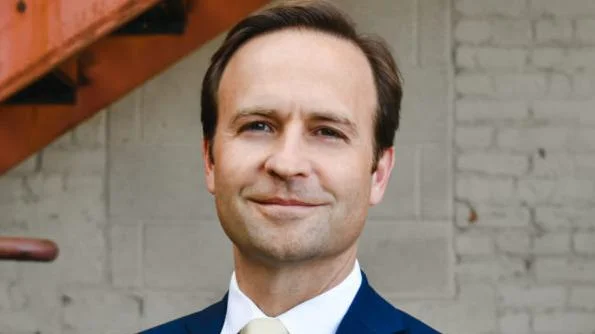Brian Calley President and Chief Executive Officer at Small Business Association of Michigan | Official website
Brian Calley President and Chief Executive Officer at Small Business Association of Michigan | Official website
The House Oversight Subcommittee on State and Local Assistance Programs recently conducted a hearing to examine the Michigan Unemployment Insurance Agency's (UIA) management of unemployment benefits during the COVID-19 pandemic. The session featured testimony from UIA Director Jason Palmer, who discussed the agency's handling of an estimated $8 to $15 billion in overpayments.
Two reports from the Office of the Auditor General (OAG) were central to the meeting, highlighting extensive fraud, mismanagement, and systemic failures within the UIA during the pandemic. Although Palmer only assumed his role 86 days prior, he acknowledged past shortcomings and committed to cooperating with efforts to prevent future fraud. "I own it now," Palmer stated, affirming his dedication to reform.
Brett Gleason, chief operating officer of the UIA, remarked on their goal of creating a more proactive agency: “We are building an agency that doesn’t just react to crisis but delivers reliably every day.”
The committee scrutinized a critical decision by the UIA to disable its "Fraud Manager" software early in the pandemic. This action coincided with a rise in fraudulent claims. A Deloitte audit mentioned during the hearing indicated a $2.5 billion decrease in likely impostor claims once the system was reactivated.
Palmer confirmed that a multi-layered fraud detection system is now in place, which includes identity verification through federal databases and cross-matching with incarceration and death records. He also announced plans for launching "MIUI," a modernized system aimed at improving fraud detection.
Rep. Steve Carra (R-Three Rivers) expressed dissatisfaction with what he described as reprehensible mismanagement by the agency, suggesting that its actions facilitated organized fraud. “You don’t put brownies on the table and tell a three-year-old not to eat them,” Carra commented on inadequate safeguards.
The committee also examined waiver policies that have forgiven over $60 million in overpayments so far. Palmer assured that future waivers would comply with the Michigan Employment Security Act.
One concerning finding from OAG reports involved $60 million paid out between January 2020 and October 2022 to incarcerated individuals, deceased persons, and residents of long-term care facilities. An additional $177 million was paid to individuals aged 15 and under or over 80 years old, raising further eligibility concerns.
Gleason informed lawmakers about automated cross-checks implemented to prevent such errors and efforts underway to recover funds where possible. However, he noted that collections had been paused due to a court injunction.
As proceedings concluded, Chair Jason Woolford (R-Howell) stressed breaking cycles of leadership turnover and bureaucratic failure within UIA, noting there have been 12 directors in as many years. “We’ve got to stop letting this happen,” Woolford stated emphatically. “This is about accountability.”






 Alerts Sign-up
Alerts Sign-up